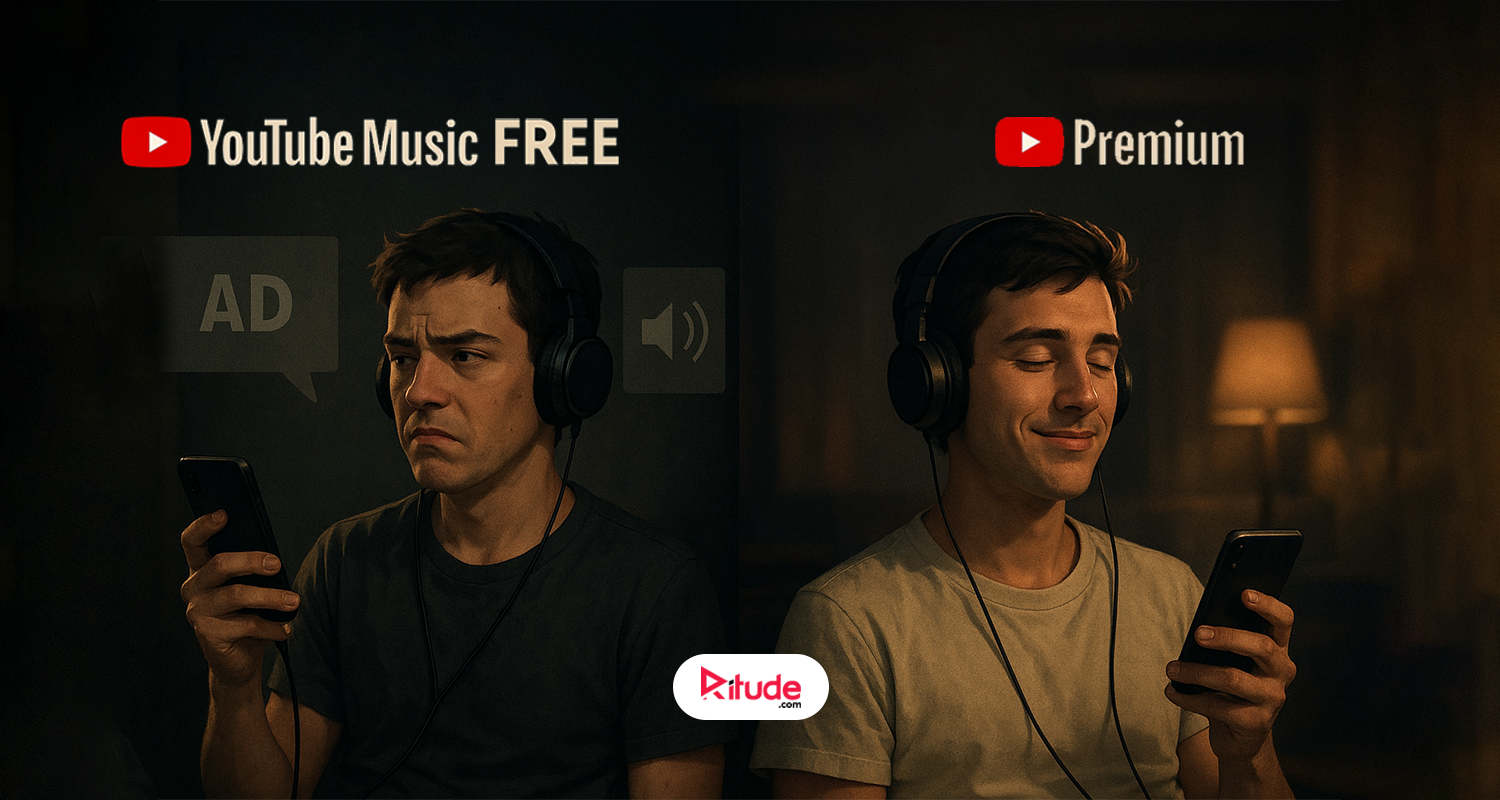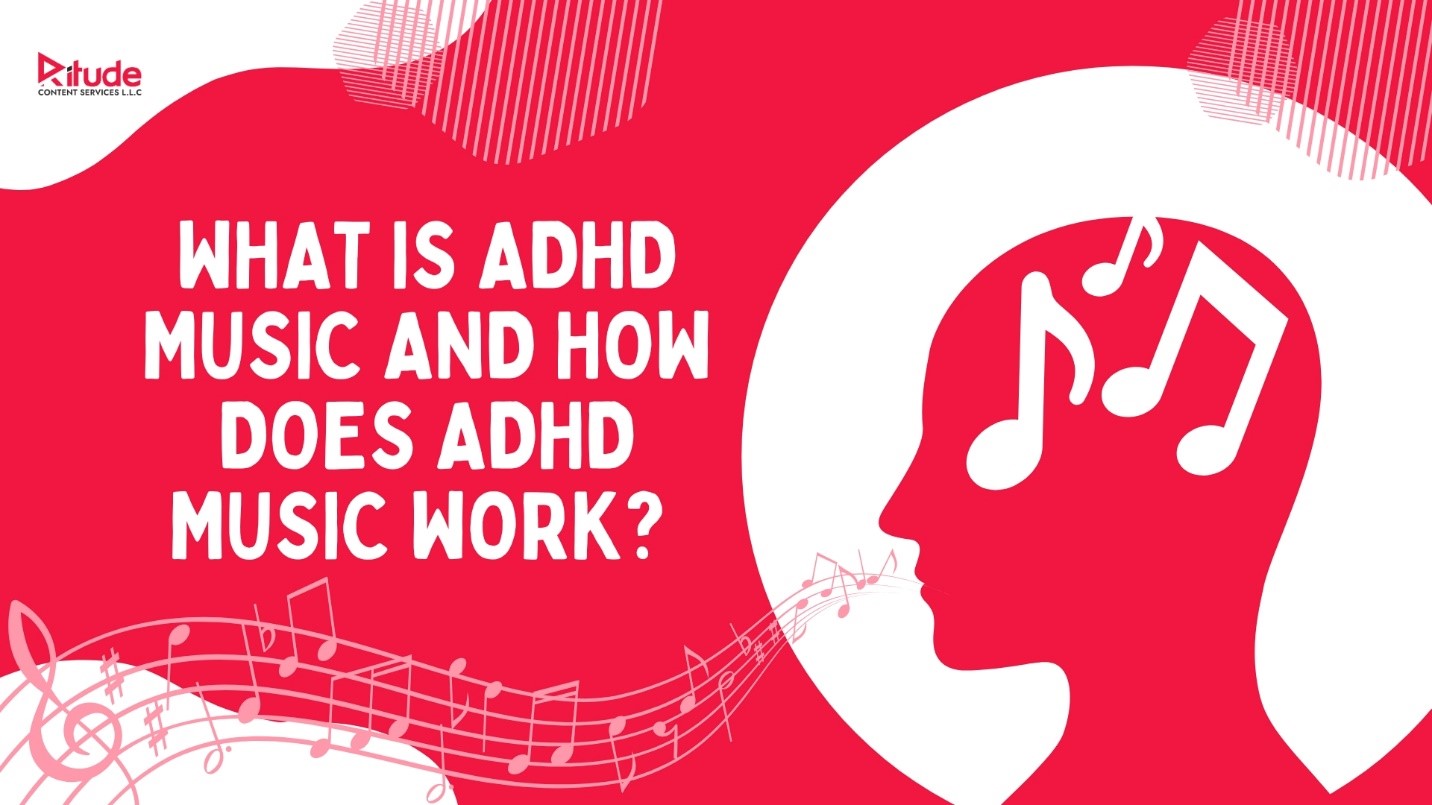Artificial intelligence has been revolutionizing the music industry for a long time. But the variety of generative music was launched by AI with some new and interesting elements. Hence, this took the music to a whole new level. There are lots of music websites that can provide a huge variety of songs with mixed genres to the listeners. There is a lot of AI’s potential impact on the music industry. Spotify is the first platform that comes to mind when you think of a music algorithm. Here you can pick to learn more about that generated music than anywhere else. Generative AI also helps singers and other artists to make their old and new songs into works of art. Both of these new and old tracks make you remember good times. This helps the music industry find the new changes it needs in 2024.
AI song generators are very important in composing a song. It helps to customize the design required for music videos. Moreover, it provides a platform for upcoming artists who have the potential to entertain the music industry through their talent. On the other hand, AI generators create business opportunities and start ideas for newcomers in the music industry in 2024. The most important use of an AI music generator is that it changes and improves the way music is composed. Many people from all over the world can now compose their songs. iTunes, Google Play, and Amazon Music are all platforms where people can find and download music. These are the companies that help record labels and singers get their songs on these platforms.
According to Job Collier;
“AI as a tool in music-making is fine, but it’s always going to be the humanity in music that makes people want to listen to it”.
So, in this blog, we will discuss how AI song generators are transforming the music industry in 2024.
AI music generator
Now, it is very easy to compose new, innovative music with artificial intelligence. By using AI music generators, we set algorithms on enormous datasets of pre-existing music. These algorithms pick up the patterns, and styles found in the data. After being settled, they can easily apply to compose new music. Moreover, it’s fascinating to note how the music industry generates revenue because not many people are aware of the process. A record label usually gets thirty percent of the total earnings from a song. Thus, if a song makes $300,000, the record label retains $90,000 and distributes the remaining amount among contributing artists like singers, songwriters, and producers. A record label would make a lot more money if they could employ an AI system to write songs and reduce some of those expenses.
Furthermore, according to the study (YouTube is figuring out its AI strategy by working with music labels) 21-August 2023
“Generative AI systems could make problems worse.” abuse of trademarks and copyrights, false information, scams, and other things. The CEO of YouTube, Neal Mohan, said. “AI can also be used to find this kind of content, though. We’ll keep putting money into the AI-powered tech that helps us keep our users, creators, artists, and songwriters safe.”
AI Impacts on Composing Generative Music
With the help of an AI music generator app, both musicians and listeners are experiencing the changes in the songs that are unstoppable. In addition to enabling audiences to contribute, alter, expand, and adjust the sound, the application lets musicians compose, generate, and even code music. The website gives musicians the chance to make money off of their songs and offers free music. Currently, Aimi is working with around 200 musicians to create new songs. AI has designed to compose music like that of a producer, avoiding copyright problems associated with using training materials from other musicians. Artists have more control over the song-composing process since it raises the levels of the AI’s music-making process that correspond with how a producer thinks about creating music.
Music Distribution and the Effects of Generative AI
Centralization is a problem in every business, and the music business is no different. There are some very big problems when only a few big companies control the market. Aside from that, the most important thing is to figure out your end product or idea. It has a good chance of becoming the market leader in music and can’t be beaten by competitors. But the centralized market doesn’t promote new ideas. Could the rise of AI speed up the fragmentation of the music business?
Our expert, Pete Downton, can see something coming with the rise of digital music and record labels. Since 2016, the recorded music market share has already dropped from over 80% to over 75%. AI song generators make marketing more flexible. It could make room for independent and local artists who are less likely to change the way the label-artist-distribution business works.
Future of Music Industry 2024
To survive and prosper in the future, musicians must adjust to new trends and concentrate on alternate forms of income. They should increase their involvement in the community, and foster bonds with listeners. In the music industry, content production is crucial because a large following does not ensure success. Instead, artists should concentrate on producing interesting content to boost their streaming numbers and sell their music catalog.
Labels are changing because of how the music industry works. This shows that they want to invest in small businesses that have already been around for a while rather than artists. When it comes to an artist’s value in the music industry, however, short-term revenue may be appealing. The music industry will expect artists to compose attractive music playlists in 2024. They want the best service possible, but not many will be able to get it.
Positive Impacts of AI on the Music Industry in 2024
AI programs can make a lot of different types of music. This could mean that people can compose more songs without paying the people who were previously hired to compose music. AI-based recommendation systems are always getting better, giving people more accurate and unique content. Based on what they do, how they like to listen, and their habits. Artists could do their work in new ways if AI is used to play musical instruments, letting them write their music and songs. AI is being used to compose more new and unique songs. How AI changes the music distribution in 2024, how quickly the law accepts these technologies, and how users, people, and artists feel about these changes, will determine the impacts of AI.
Conclusion
In Collins Dictionary;
“AI” is the word of the year, and it’s no surprise why AI has permeated every industry and every discussion, and the music industry is no exception.”
By 2024, AI and AI tools will be used more like they are now. As music marketing trends change, artists will be able to use AI systems even more. It helps automate administrative chores, which gives musicians of all levels more time to work on their art. Hence, there are going to be big changes in the music industry. The top music marketing trends for 2024 show that artists and their teams can stay ahead of the other artists with these AI generative tools. By following these trends, they show that they are stars in this field that is always evolving.




